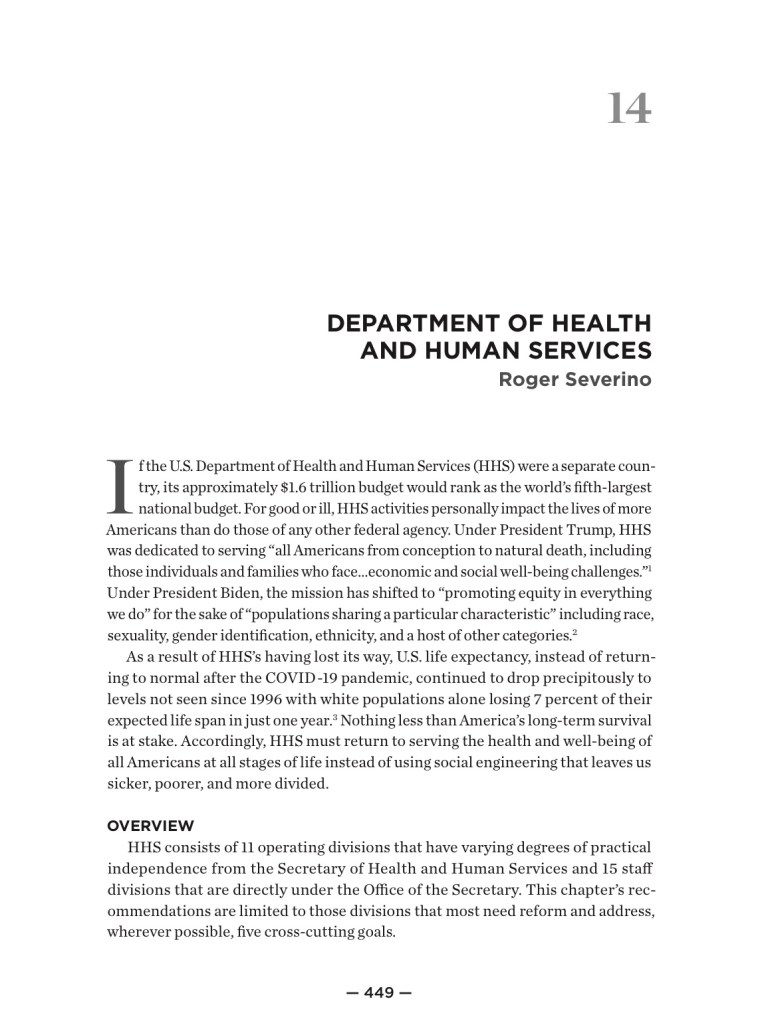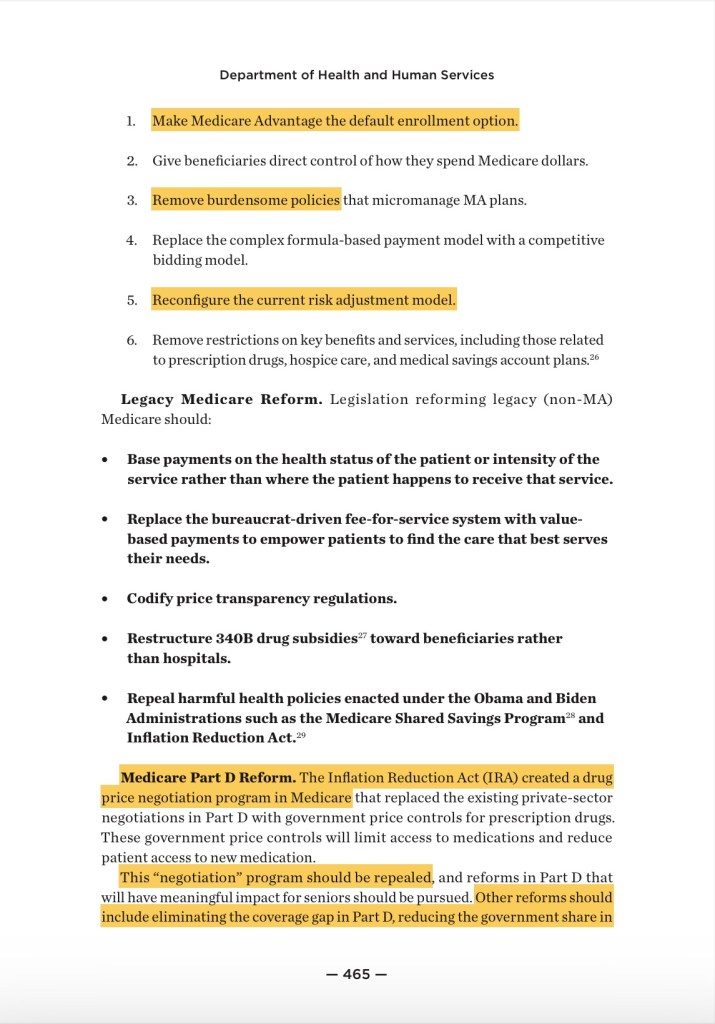Prescription Drug Price Reforms Won’t Happen for Years
The two biggest benefits for seniors in the IRA are the Medicare negotiation of certain high-cost prescription drugs, and the $2,000 out-of-pocket cap. But while price negotiations technically start next year, no consumer will see the benefit until the new prices begin in 2026, and even then on only 10 drugs (another 15 are added in 2027 and 2028, rising to 20 by 2029 and subsequent years).
…
The $2,000 out-of-pocket cap, which is across the board for all seniors, not just on certain drugs, is even worse. That cap doesn’t go into effect until 2025, although out-of-pocket costs get capped at $4,000 in 2024. If there is kind of an explanation for delays in setting up Medicare drug price negotiation, for the out-of-pocket cap there is not. You literally tally up patient out-of-pocket costs, which are fully transparent, until they hit $2,000, and then stop them. Why does this take more than two years to pull off? Medicare itself, the entire program, took only a year to implement.
…
Other parts of the bill do come online more quickly. The insulin price cap of $35 a month for Medicare recipients starts in 2023, as does free vaccine coverage in Medicare and the rebates on Medicare drugs with price increases above inflation. But the inflation rebate is benchmarked to 2021 prices, locking in those high costs, and just would mute price growth. The real benefits here are Medicare negotiations that lower drug prices, and the cap on all prescription drug costs for seniors. Those are delayed.
…
It is absolutely insane for a political party to boast that it lowered prices for seniors when the price reductions are years and years down the road. That kind of de facto bait and switch leads to distrust and anger. You’d have thought Democrats would have learned this lesson in the Affordable Care Act, whose major benefits didn’t kick in for four years after passage, a time lag that helped lead to two midterm wipeouts. But here we are again, as Democratic officials tout a drug price reform that isn’t visible to anyone.
…
That’s not necessarily Democrats’ fault (although they could have ignored the parliamentarian, of course). What is their fault is the failure to immediately make evident the benefits of the policy. Democrats have had a tendency to break faith with their base, to make promises and fail to deliver. Here’s a policy they’ve been promising for nearly two decades, they pass the policy, and they’re going to spend years explaining how the implementation is just around the corner. It comes off as double-talk and toxifies a political brand. And in this case, it was unnecessary.
Read More »






You must be logged in to post a comment.